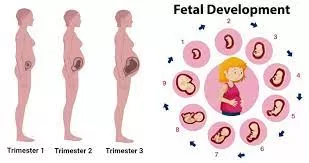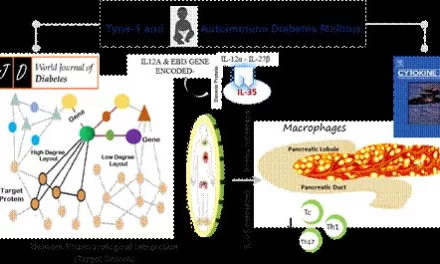
A team of scientists, led by researchers from UCL, has introduced innovative methods for anticipating outcomes in pregnancies where the fetus is experiencing growth issues within the womb. The study, featured in the Journal of Clinical Investigation, involved 142 participants from the EVERREST Prospective Study, all of whom exhibited severe early-onset fetal growth restriction (FGR), leading to notably small fetuses in ultrasound scans between the 20th and 27th weeks of pregnancy. FGR impacts around 60,000 infants annually in Europe and the USA. While some infants with FGR exhibit subsequent growth and are born close to their due dates, many will either require extremely premature delivery (prior to 28 weeks of pregnancy) or unfortunately do not survive, resulting in stillbirth. In England alone, the estimated annual costs for neonatal care amount to £262 million.
Dr. Rebecca Spencer, the lead author from UCL EGA Institute for Women’s Health and the University of Leeds, remarked, “There is currently a lot of uncertainty for the families of unborn babies with early-onset fetal growth restriction and for their health-carers. We want to give them a better idea of what to expect if they are affected – as many people find uncertainty harder to cope with than definite bad news.” She further pointed out that predicting pregnancy outcomes may aid doctors in determining the frequency of ultrasound scans and the optimal timing for administering antenatal steroids to prepare the baby for preterm delivery.
The study analyzed results from 123 women who provided blood samples and underwent regular ultrasound examinations to monitor their baby’s size and well-being. Initially, researchers assessed the levels of 102 proteins in blood samples from 63 women, combining this data with ultrasound measurements to construct statistical models capable of predicting pregnancy outcomes. The team also sought input from both the women and their healthcare providers regarding which pregnancy outcomes held the most significance to them. Subsequently, measurements from the remaining 60 women in the study cohort were used to validate the models forecasting these outcomes.
Dr. Spencer noted, “We found that by assessing ultrasound and protein measurements – both alone and combined – we were able to predict which pregnancies would end in stillbirth or neonatal death, and which may require extreme preterm delivery before 28 weeks of pregnancy.”
The researchers anticipate that employing these techniques will assist in identifying which women should be considered for participation in trials for potential treatments. Professor Anna David, the senior author from UCL EGA Institute for Women’s Health, leads the multinational EVERREST consortium, which is focused on developing a novel treatment to enhance the growth and outcomes of very small babies in utero. Professor David emphasized, “Currently we have no therapy to improve fetal growth inside the womb but a novel drug is being developed by our team. This will need to be tested in clinical trials. These results will help researchers to identify those women who might be most suitable to participate in the clinical trial, where the possible benefits outweigh the risks. Better prediction of which pregnancies will end in stillbirth, neonatal death or extreme preterm delivery will help to identify who should be included in these trials.”











